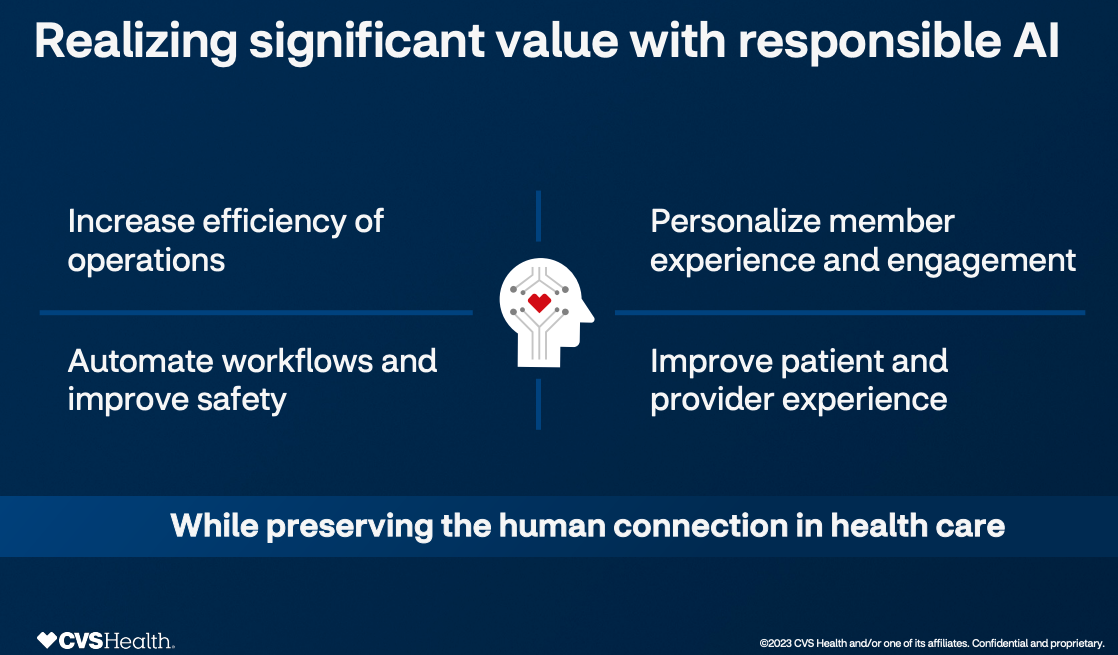Generative AI
Google launches Gemini, let the GPT-4 bake-off begin
Google on Wednesday announced its Gemini AI model, an important response to OpenAI's GPT models that have been in the spotlight for the last year thanks to ChatGPT's uncanny ability to generate responses to just about anything.
Google claims its new model was built from the ground up to be "multimodal" meaning it can seamlessly work with text, images, code, video, and audio. According to benchmark tests conducted by Google, it appears it will be one of the most powerful models available for building generative AI tools.
And you know what that means: A lot of people are about to start asking if Gemini can outperform various GPT models on common clinical tasks like generating notes from patient encounters and diagnosing diseases. Medical students across the world are probably already drafting their journal submissions about whether Gemini has mastered the knowledge of their medical subspecialties and whether it can take medical exams better than GPT-4.
More broadly, it will be interesting to watch how a more robust Google offering might change the trajectory for health tech startups, health systems, and other relevant organizations that have spent the last year developing generative AI tools. Will this send them back to the drawing board?
Research
AI model predicts organ age from blood
If your doctor knew what ailment was most likely to kill you, they might suggest lifestyle changes or other interventions to keep you going longer. As STAT's Megan Molteni reports, researchers at Stanford have devised a way to determine the age of people's different organ systems by analyzing the proteins they shed in the blood. While it's still early, such methods could be the precursor to tests that help doctors pinpoint serious conditions lurking undetected. The research was published in Nature.
Using new tools that can rapidly measure lots of different proteins in samples, the researchers analyzed 900 proteins they determined were associated with the function of different organ systems in a group of over 5,000 subjects. They then trained an algorithm to predict people's age from their protein profile and calculated whether there was a gap between the actual age of people's organs and the one estimated by the algorithm.
Read more here
health care CVS teases new health app and AI efforts

At CVS Health's big investor meeting this week, the billboard news was an effort to simplify how its pharmacies get paid for drugs, but the company also provided new details about a forthcoming smartphone app that will serve as a hub for many of its health care services. CEO Karen Lynch referred to it briefly during her prepared remarks but a promotional video explains that the app can help people keep track of their prescriptions and access videos with health education content. Users with Aetna health insurance or CVS Caremark pharmacy benefits can see deductible information. The video also highlights the app's ability to schedule appointments at CVS MinuteClinics and CVS-owned Oak Street Health and funnel users to services from health tech company partners like Headspace and Maven.
Lynch also discussed how the company is using artificial intelligence to increase efficiency, for example by automating pharmacist workflows. She, unsurprisingly, articulated a commitment to "responsible AI."


No comments